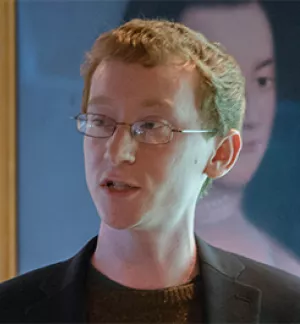Abstract
We examine the effect of nuclear weapons on interstate conflict. Using more appropriate methodologies than have previously been used, we find that dyads in which both states possess nuclear weapons are not significantly less likely to fight wars, nor are they significantly more or less belligerent at low levels of conflict. This stands in contrast to previous work, which suggests nuclear dyads are some 2.7 million times less likely to fight wars. We additionally find that dyads in which one state possesses nuclear weapons are more prone to low-level conflict (but not more prone to war). This appears to be because nuclear-armed states expand their interests after nuclear acquisition rather than because nuclear weapons provide a shield behind which states can aggress against more powerful conventional-armed states. This calls into question conventional wisdom on the impact of nuclear weapons and has policy implications for the impact of nuclear proliferation.
Bell, Mark S and Nicholas L Miller. “Questioning the Effect of Nuclear Weapons on Conflict.” Journal of Conflict Resolution, February, 2015
The full text of this publication is available via Journal of Conflict Resolution.







